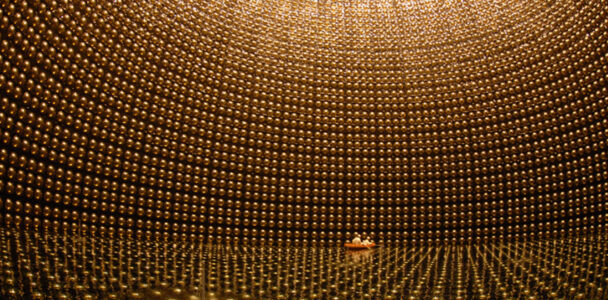
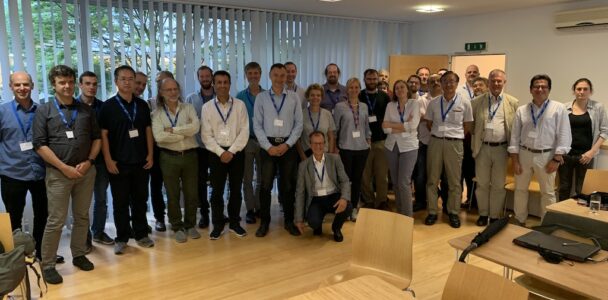
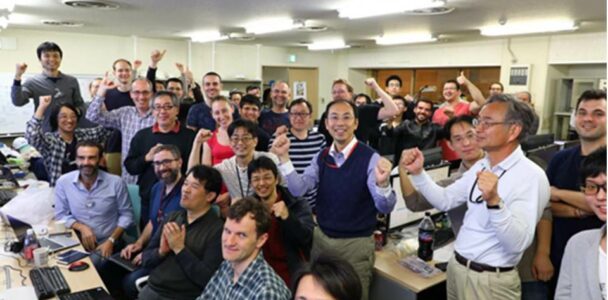
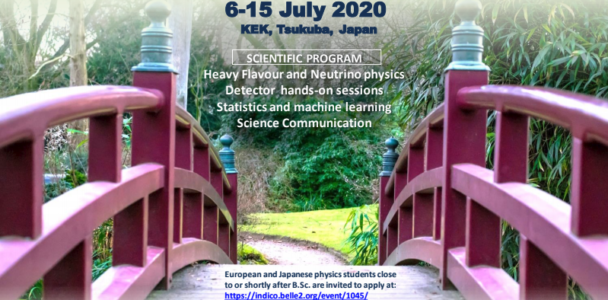
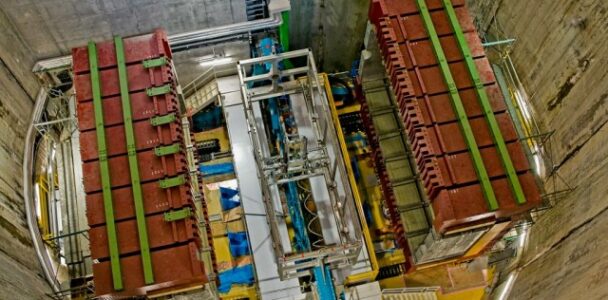
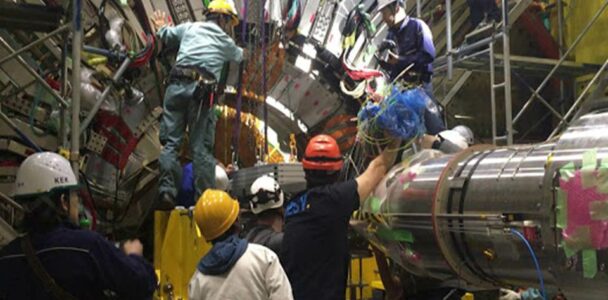
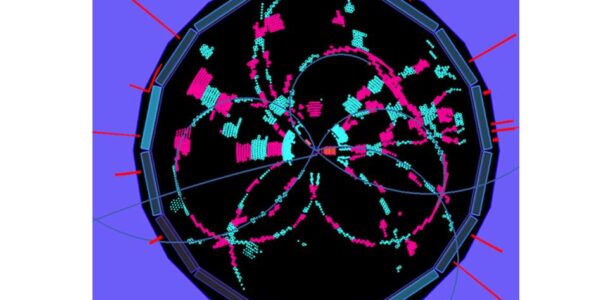
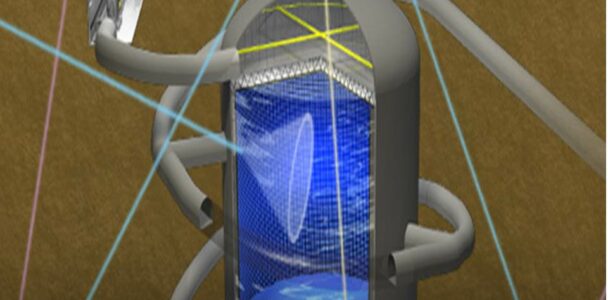
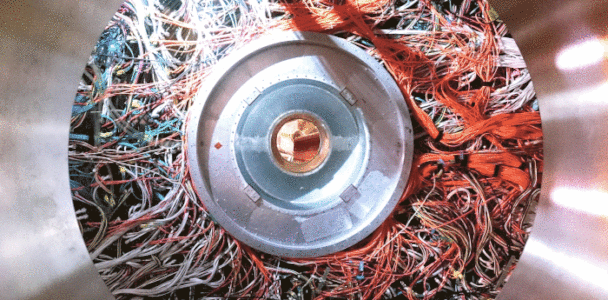
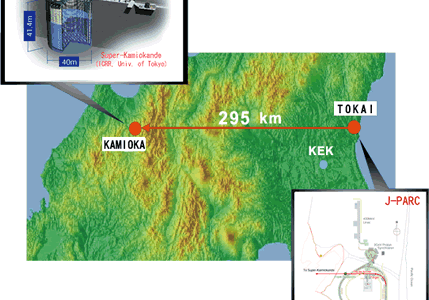
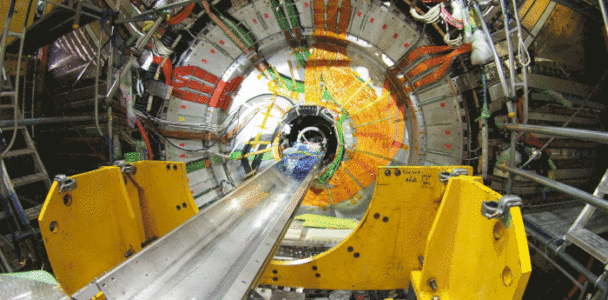
The JENNIFER2 project is based on research programs at experimental facilities located in Japan including accelerator produced neutrinos (T2K and Hyper-K collaborations), cosmic neutrinos detection (Hyper-K
collaboration) and a high luminosity electron-positron collider (Belle II experiment at SUPERKEKB) where very rare processes can be observed, aiming to jointly investigating the quark and lepton flavour structure
of the particle physics.
JENNIFER2 fosters the collaboration of European scientists with the Japanese research community in all experimental issues, and specific knowledge sharing among different experiments is pursued in the field of
photon detection, computing, real time and remote controls, data analysis algorithms and theory calculations.
This will allow to build up synergies on key technologies and research methodologies, as well as on dissemination and outreach.
The JENNIFER2 Consortium is formed by 15 academic and 2 industrial european organizations, and by 2 Japanese institutions: the KEK Laboratory and the Institute for Cosmic Rays Research (ICRR) of the University of Tokyo.
The JENNIFER2 project has started on 1-4-2019, was suspended on 1-4-2020 due to Covid-19 pandemics, has been resumed on 1-6-2022 and will finish by 31-5-2025.
